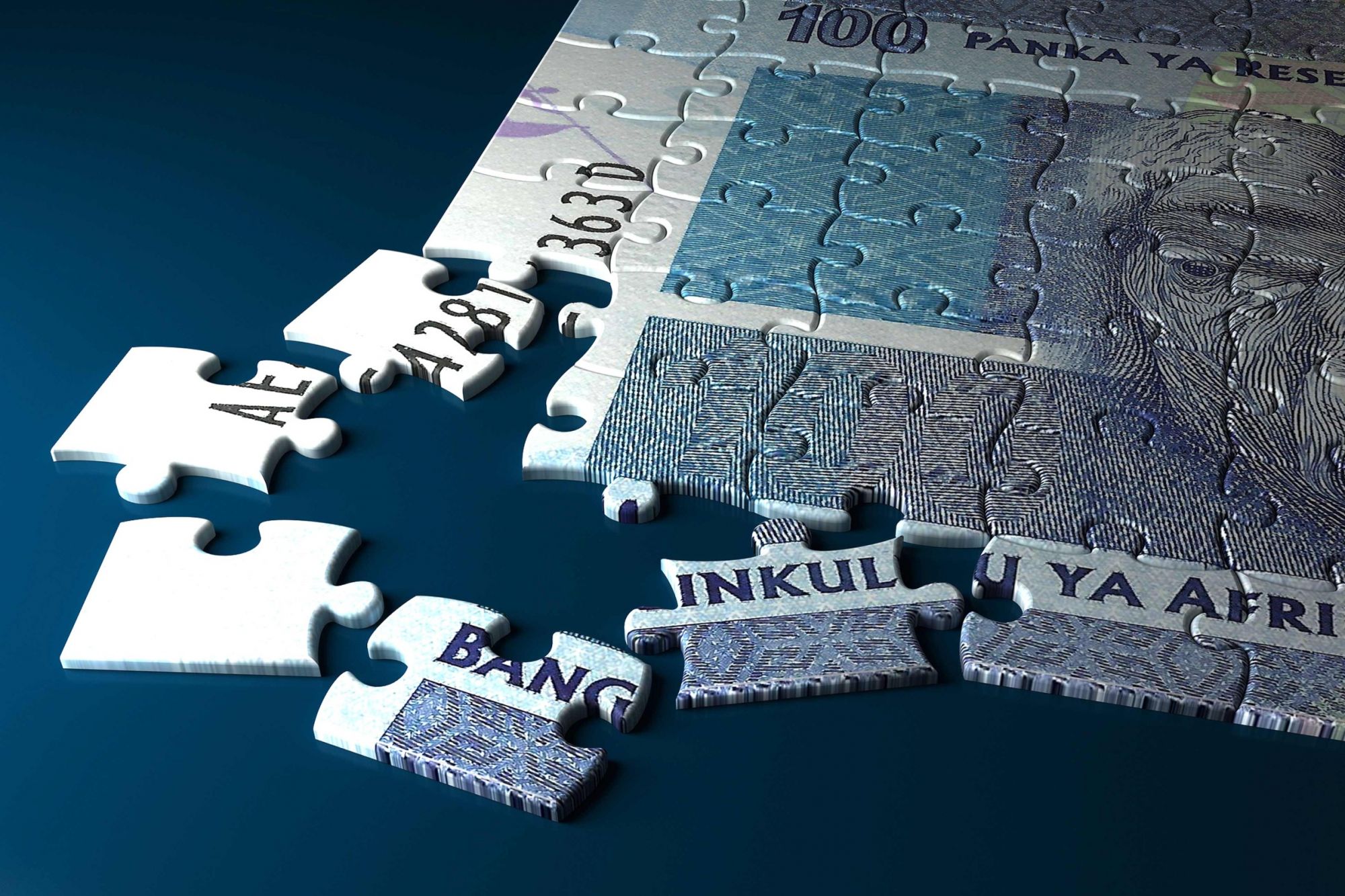PwC Focus On Sugar Tax The proposed sugar levy is unlikely to make sizeable dent in fiscal deficit, but the Sugar Beverage Industry is offering a helping hand to reduce obesity.
By PWC •
Opinions expressed by Entrepreneur contributors are their own.
You're reading Entrepreneur South Africa, an international franchise of Entrepreneur Media.

In 2016, the National Treasury announced a Sugar Beverage Levy (SBL) on sugar-sweetened beverages (SSBs) scheduled to take effect April 2018. The aim of the levy was to prevent and control obesity in South Africa, but key industry players also viewed it as a potentially significant new source of revenue that could help plug the growing fiscal deficit.
The fiscal deficit has been widening as National Treasury faces slow economic growth and a shrinking tax base. Initially estimated at 3.1% of GDP, fiscal deficit projections increased to 4.3% of GDP in October last year.[i]
However, official data suggests the deficit already reached R195 billion in the first 8 months of the 2018/19 fiscal year, so it could amount to approximately R250 billion, thereby exceeding Finance Minister Gigaba's October projections by 25%.
The levy has undergone various changes since it was first announced.
When the levy takes effect in April this year, it will amount to 2.1 cents per gram of sugar per 100ml, above 4 grams per 100ml.
This is down from an initial 2.29 cents per gram of sugar with no exempted amount.[ii]
Our estimations suggest the tax burden is approximately 10% given current levels of sugar content, down from approximately 20% previously. In addition, industry has recently reacted to the news of the SBL, reducing the sugar content of popular beverages by including non-nutritive sweeteners.
In addition to efforts to reformulate, the industry introduced smaller bottle sizes to curb excessive sugar consumption and limit the excise tax burden.
SBL excise revenue estimations
We estimated that in a scenario in which the beverages industry makes no change to the sugar content of SSBs, the levy would result in an estimated R1.5 billion loss in sales revenue and a R 1.4 billion excise revenue gain for government.
However, a reformulation by industry would result in a lower loss in sales revenues of only R1.07bn and lower than expected excise revenue gain for government of R990mn.
Given the estimated fiscal budget deficit of up to R250bn, additional revenues of between R990mn and R1.4bn are unlikely to make a significant dent in plugging the deficit and could support the assertion that the levy will focus on curbing sugar consumption rather than providing significant additional revenue inflows.
In our quantitative analysis of the proposed tax on SSBs, we use the PwC Economic Impact Assessment Model to derive the potential impacts, based on a 10% sales reduction calculation due to potential excise driven price changes.
Although excise revenues are expected to increase, other tax revenue streams are likely to experience a decline. Not considering excise impacts, the prospective tax revenue loss stemming from reduced sales revenues and showing in lower VAT, corporate income tax (CIT) and personal income tax (PIT) could range between R363 million and R518 million in the reformulation and non-reformulation scenarios, respectively.
Therefore, the net impact on estimated tax revenue combining the implications for excise tax, VAT, CIT and PIT revenue would only range between R631 million and R856 million, subject to which scenario is implemented.
It is unclear whether the SBL levy will assist in reducing consumers' sugar consumption. However, industry facilitates lower sugar consumption by reducing bottle sizes and through reformulation.
Smaller sizes nudge consumers to lower sugar consumption
In addition to reformulating popular SSBs, the beverages industry has altered the size of the 500ml buddy bottle to 440ml, potentially nudging consumers to reducing their sugar consumption.
The move to the 440ml bottle represents a 12%[iii] reduction in size and means that sugar content fell from 53 grams in the 500ml bottle to 46.6 grams in the 440ml bottle.
The implementation of the new levy could still result in an approximately 61 cent increase in the price of the 440ml bottle.
It remains to be seen how South Africans will react to the current and impending price change of SSBs and if the SBL can indeed assist in reducing obesity. It is clear that monitoring and evaluation are key tools to help government and industry understand the effectiveness of this initiative to prevent and control obesity in South Africa.
- [i] Treasury, 2017. Medium Term Budget Policy Statement. [Online] Available: http://www.treasury.gov.za/documents/mtbps/2017/speech/speech.pdf [Accessed 08 February 2018]
- [ii] SARS, 2017. SARS to collect for sugar tax (SBL) from 1 April 2018. [Online] Available: http://www.sars.gov.za/Media/MediaReleases/Pages/15-December-2017---SARS-to-collect-for-sugar-tax-from-1-April-2018-.aspx [Accessed on 06 February 2018]
- [iii] PwC calculations











